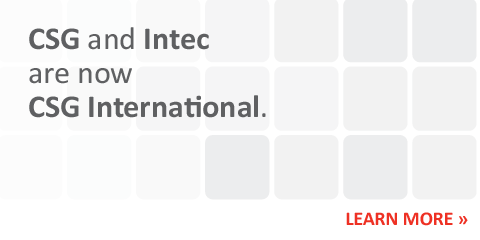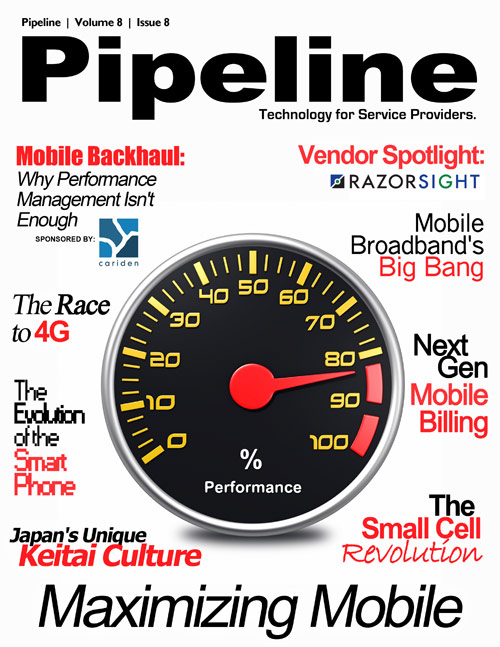In mature post-paid markets, this means creating more revenue from mobile data services in a transparent manner, explained Ricci. In markets that are dominated by pre-paid billing, the challenge is developing real-time policy controls, better loyalty programs, and greater flexibility. In both cases, the question is the same: how do we create parity between the cost of supporting increased data services and revenue?
Defining value is an important part of the equation because it's a dynamic variable. Allot Communications says, “As users favor data over voice minutes, the challenge for operators is around generating value from broadband. The key challenge is defining new billable values for customers that will serve as basis for new billing plans.”
Miguel Carrero, Director, Communications and Media, HP Enterprise Services, agrees, and notes that current billing systems don't offer the flexibility and customization that today's mobile customers desire. “The main challenge in charging systems is their limited granularity for differentiated pricing,” said Carrero. “This has driven operators to offer a 'quick and dirty' solution of 'flat rates'. Over time this has developed into a situation of 'all you can eat' consumption, resulting in an unstable situation of growing network costs without a way to charge for their use.”
So what types of billing models are available, and which are poised to address the needs of the future?
Unlimited Billing
Unlimited is the so-called “all-you-can-eat” billing model. Pay one price and have access to everything. The Old Country Buffet of mobile data.
While customers love the unlimited model, carriers are increasingly moving away from them. Revenue doesn't scale to match bandwidth demand. A recent survey from Allot Communications found that only 13.5% of operators currently offer a “true unlimited” plan. This trend is likely to continue, until very few CSPs offer an unlimited billing model for mobile broadband.


There's a good reason for this. Unlimited models are “unsustainable without a Fair Usage policy, which in effect renders them nothing but a marketing ploy,” explained Jonathon Gordon. This has played out numerous times in the press over the past two years, where the carriers' definition of the word “unlimited” sometimes generates more negative press than positive. Additionally, “as the price of data units (Mbps) erodes, unlimited plans only lead into price wars.” continued Gordon.
Volume-Based Billing
The next trend in mobile billing is volume-based billing—buy a 5Gb bucket, and do what you want until it's full. It's like the U-Pick Blueberry Farm of data.
Monica Ricci, CSG International, sees the value-based model enabling savvy customers to select the right size bucket based on consumption and then, “the operator can more closely align revenue and profit margins to network load.” The keyword is “savvy.” “The downside is that this model necessitates that the consumer has some awareness of what it costs, in terms of data volume, for his average activity levels; he must think in terms of megabytes.” cautions Ricci.
Volume-based plans will be more equitable across the board, says Jonathon Gordon, but he shares Ricci's concerns around customers' understanding of a data bucket. “Volume based plans provide a more 'fair' way of charging for usage. However, studies show that over 60% of users don't know what their usage cap is, 75% don’t know how much bandwidth they use, and 40% don’t know what happens if they exceed the cap. “
We've already seen many carriers moving to this model, but how long will we be purchasing buckets?
Miguel Carrero of HP feels that volume-based models will stick around for awhile, but like everyone else I interviewed for this article, believes they are not without faults. “A volume-based pricing model can exist for longer than the unlimited one,” commented Carrero. “The concern here is that it translates communications to commodity. With a volume-based model, competition between operators is going to be purely on price. That means eroding margins in a capital intensive business.”








